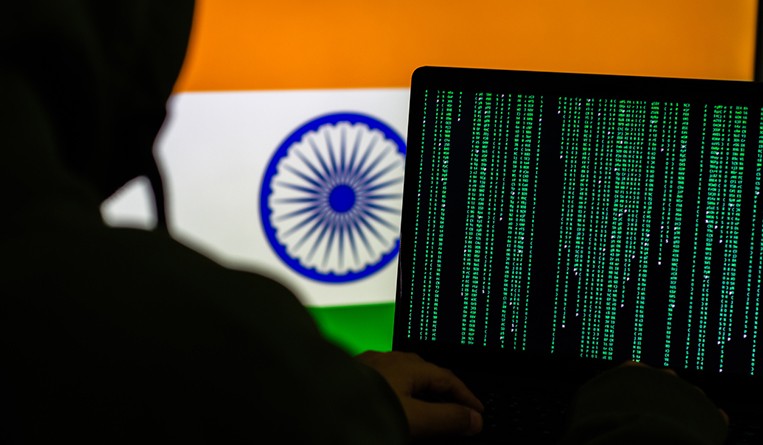India’s Cinematograph (Amendment) Bill 2023 which covers digital piracy awaits formal notification
24 April 2024

India’s Cinematograph (Amendment) Bill 2023, which aims to replace the Cinematograph Act, 1952, is now awaiting formal notification after having passed through both houses of parliament.
The Cinematograph Act, 1952 is the backbone for regulating film certification, exhibition and censorship in India. The bill was introduced in 2023 to address problems besetting the film industry, including those in the online space, such as digital piracy and copyright infringement.
Savitha Kesav Jagadeesan, Senior Resident Partner, Kochhar & Co., Chennai
In particular, Sections 6AA and 6AB of the Cinematograph (Amendment) Bill 2023 seek to curb digital piracy by prohibiting the use of audio-visual recording devices in licensed film venues intending to infringe copyright over the film being shown.
According to Savitha Kesav Jagadeesan, senior resident partner at Kochhar & Co. in Chennai, while these provisions deter digital piracy at its core, their intentions are clouded by criticisms. She explained: “Criticisms have been raised regarding the omission of fair use provisions, potentially hindering legitimate use of copyrighted material for non-commercial purposes. While this could lead to a decrease in unauthorized sharing of films, it might also restrict the use of film clips for educational or critical purposes.”
Another concern is the severity of penalties, especially for first-time offenders and the ambiguous scope of some provisions. “The key to effectively combating piracy lies in stakeholder collaboration. Policymakers and legal professionals play a crucial role in this, and their active involvement and contributions are highly valued and necessary,” said Jagadeesan.
The Cinematograph (Amendment) Bill 2023 also empowers the government of India to hold intermediaries, or those online platforms hosting or distributing films, accountable for their part in the commission of digital piracy. The bill also appoints nodal officers to oversee takedown requests and ensure digital platform compliance. The problem with this, said Jagadeesan, is the lack of clarity. “Clarity is needed regarding the act’s applicability to OTT platforms, as their role in film distribution and piracy prevention is still evolving,” she said.
Limitations continue to hound the film industry in India where legislation is concerned, notably the lack of a comprehensive mechanism for combating digital piracy. However, it has its bright spots, said Jagadeesan, such as the concept of ‘dynamic injunctions’ established by the Delhi High Court. These are court orders that can be modified or extended to adapt to changing circumstances, such as new methods of piracy.
She said the concept of ‘dynamic injunctions’ offers a promising solution. Incorporating this concept into the act could enhance piracy mitigation efforts, allowing more flexible and responsive legal measures against piracy.
“In summary, the Cinematograph (Amendment) Bill 2023 signifies a crucial moment in India’s cinematic landscape, aiming to balance intellectual property protection with creative expression in the digital era. Addressing remaining limitations will be vital to its effectiveness in combating piracy and fostering industry growth,” added Jagadeesan.
In March 2024, India’s central government notified the Cinematograph (Certification) Rules, 2024. The rules seek to enhance the certification process for films by refining categorizations, thus ensuring that films reach the right audience.
- Espie Angelica A. de Leon






